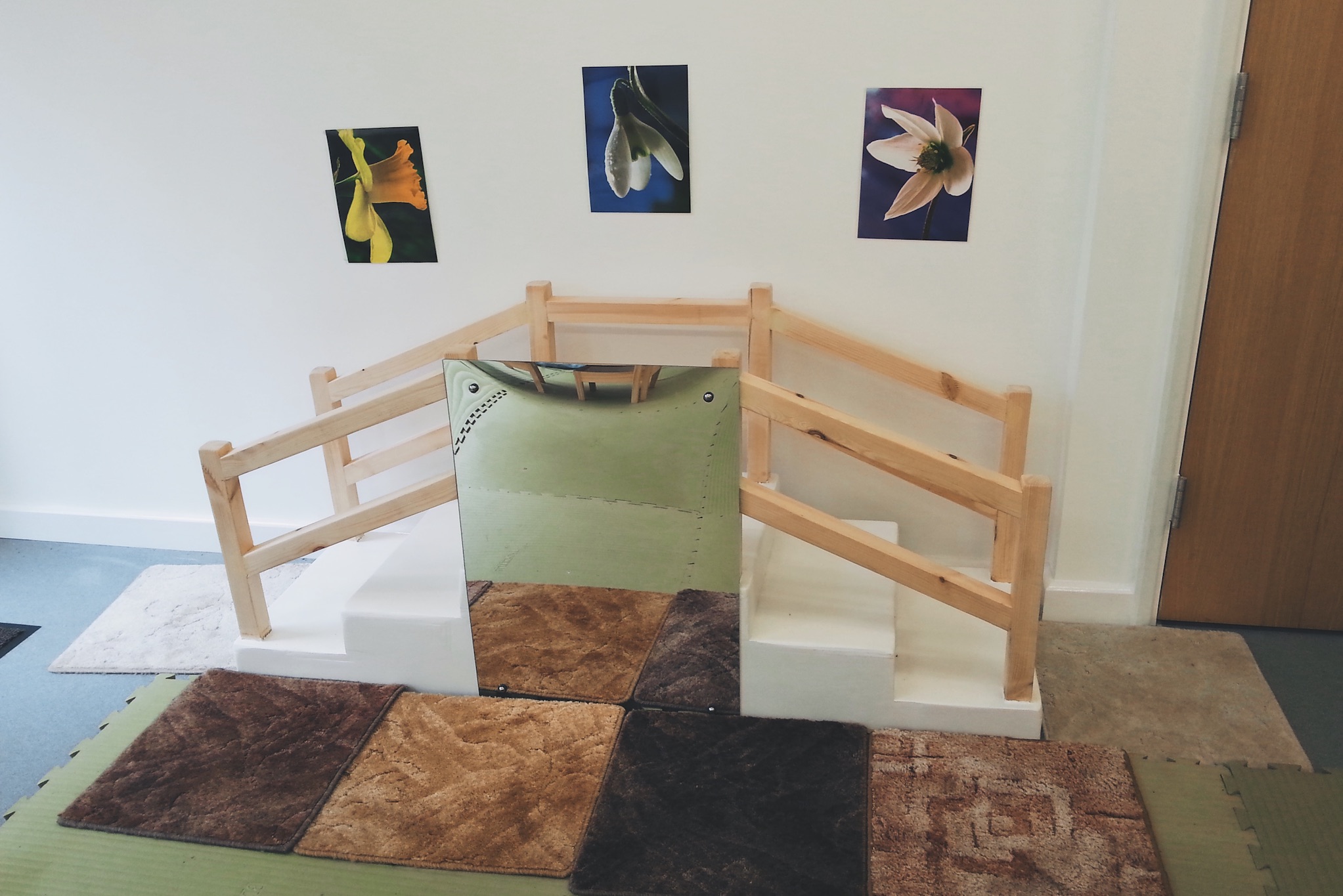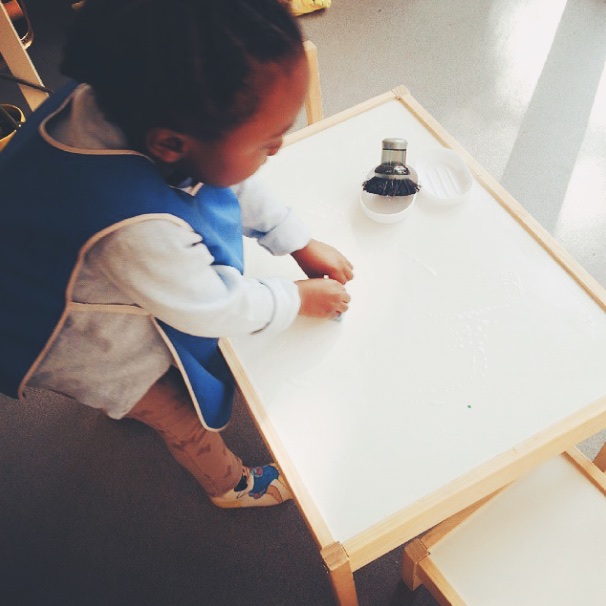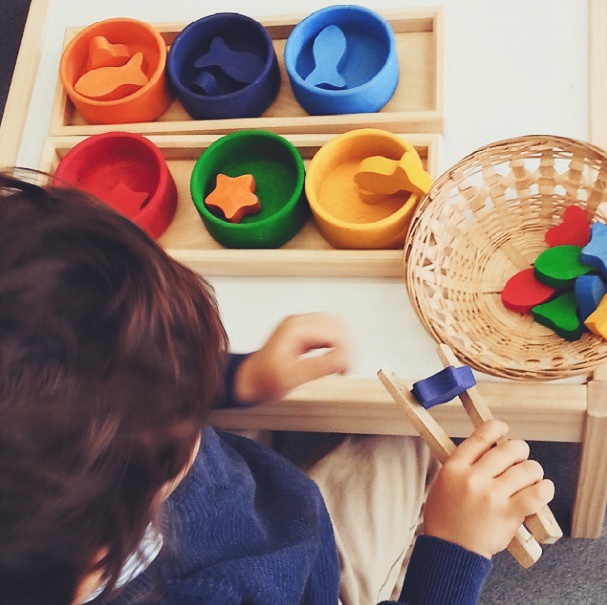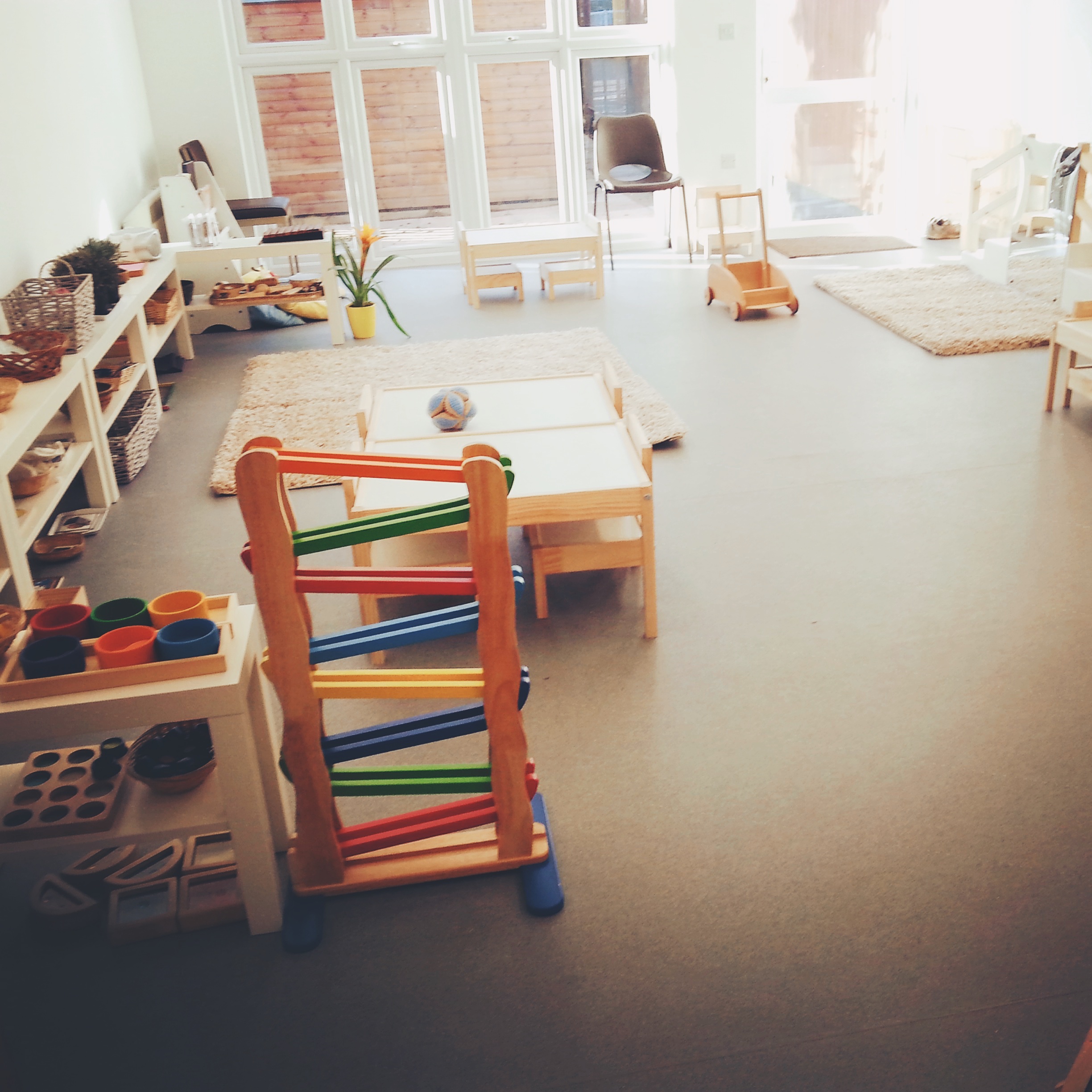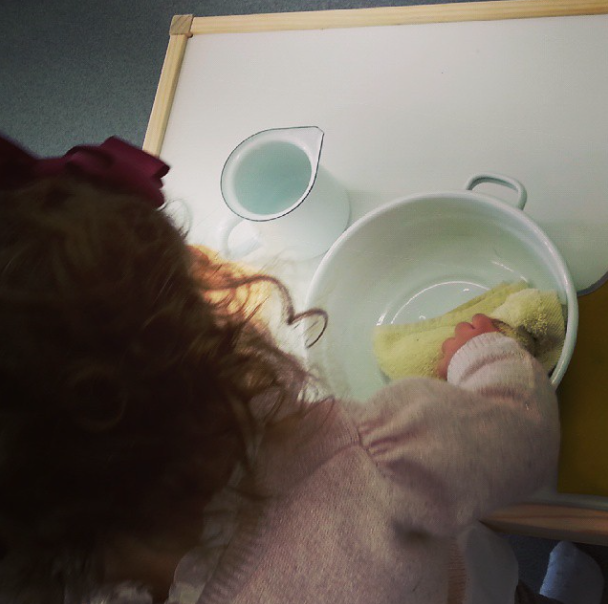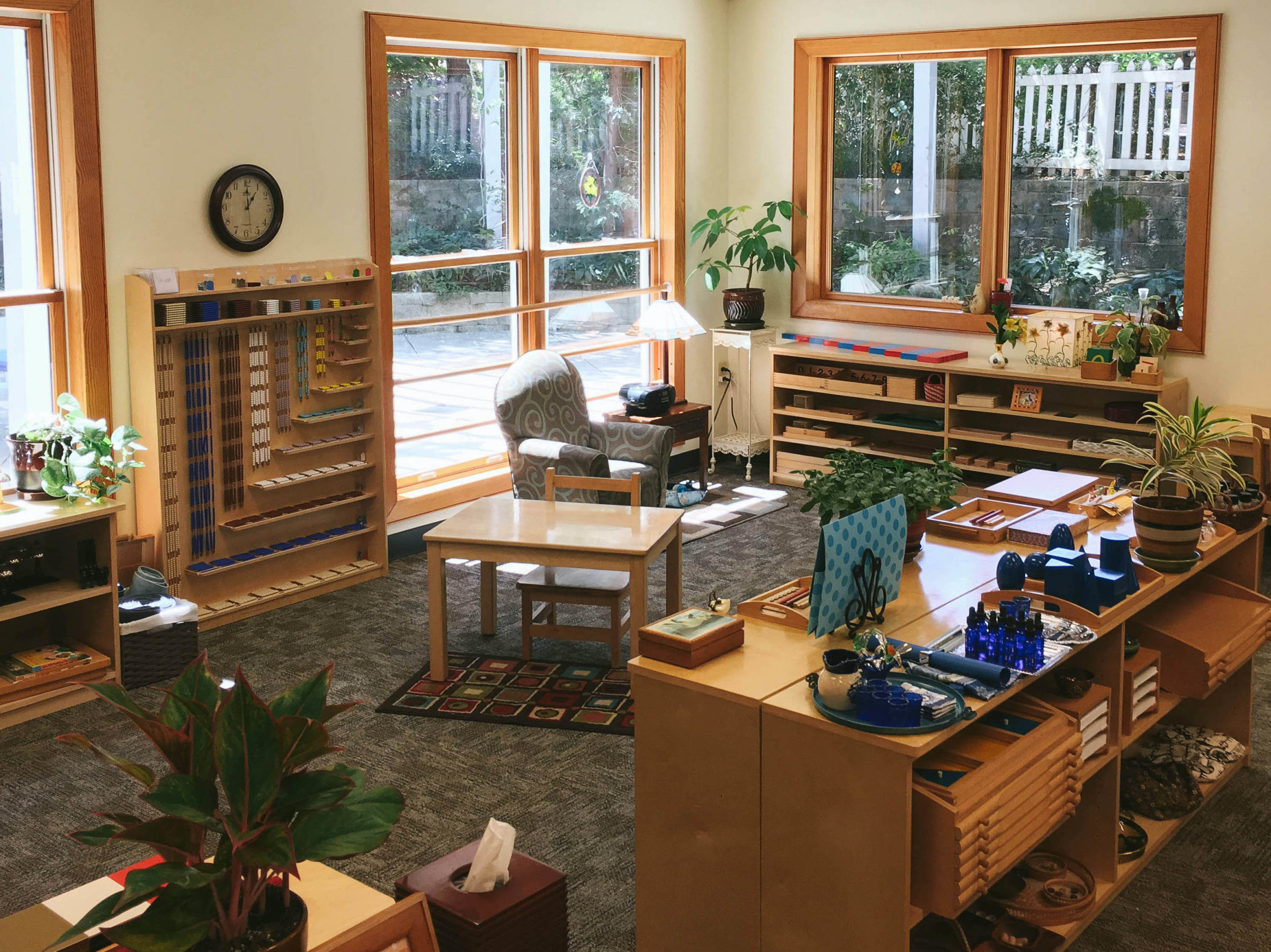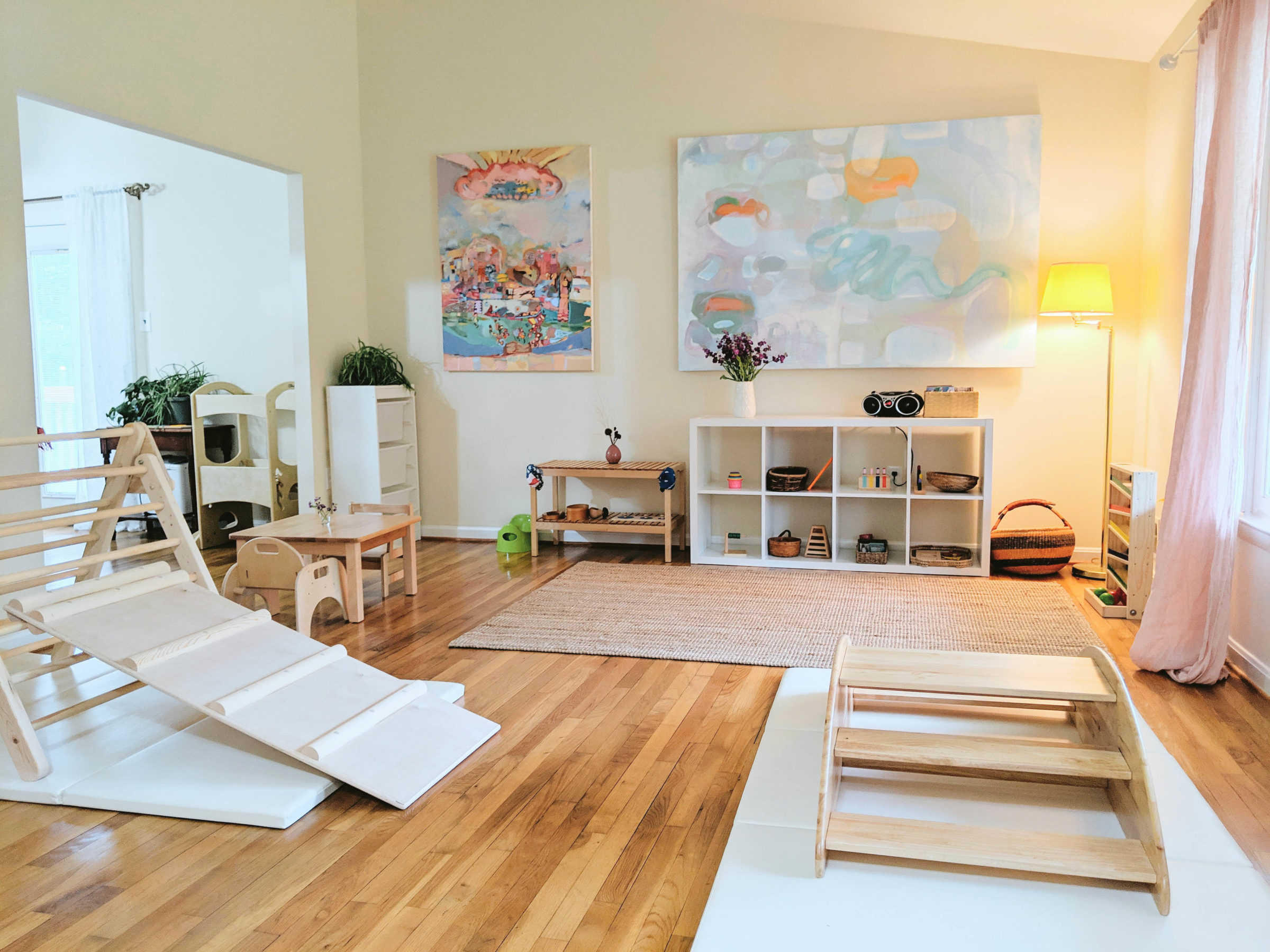Spotlight Rochelle Cutler
Spotlights
We’re really excited to introduce you to Rochelle Cutler, the mastermind behind I Can Do It Montessori. Rochelle operates out of London and Hertfordshire, but reaches an audience just as diverse and widespread online. As she so concisely explains, she “helps families with common issues such as tantrums, fussy eaters, toileting, sleep, sibling rivalry, homework stress, or simply helping to create a positive and productive home environment so children can reach their potential”.
For those on social media, Rochelle literally needs no introduction. Still, we can’t help but tout her insights. From her website alone, you can grasp her wonderful perspective. Here’s a glimpse, but we really hope you jump into the entire interview:
“Your child is born with 7 million years of human evolution inside them. ”
She continues, with the reassurance we’ve come to admire: “They will naturally develop to become a happy, caring and independent adult. All you have to do is show them lots of love and be patient with their efforts. Offer them opportunities to be involved with your family life. Show them how to do things and then watch how they put their best efforts in to be successful…”
Q: Can you tell us a little bit about yourself? Your background, your interests, your dreams?
A: Sure, I live in North London, England, with my husband, our dog, two tortoises and a bearded dragon! I hold AMI 0-3 and 3-6 Diplomas and have been a Montessori teacher since 2004. I worked part-time or full-time as a nanny for 20 years, alongside various other jobs. This helped me understand parents’ perspectives and gave a good balance to my teaching experience.
I love listening to heavy rock or classical music, going to gigs and festivals, watching my beloved Arsenal FC (soccer team), reading science fiction like Terry Pratchett and factual books about child development, making baby mobiles and other simple crafts when I have time, walking our dog, going out for delicious vegetarian meals, and socialising with my best friends and their children.
My dreams are to have my own child one day soon and to see my business go from strength to strength. I’d love to have our own house and more time to enjoy being with my family. I’ve always wanted an Arsenal season ticket and I’d also like to take more holidays in interesting places once I overcome my fear of flying.
Q: When you close your eyes late at night, and imagine waking up and starting a new adventure: what is that adventure?
A: It’s always been having my own family. I wanted 5 children by the time I was 25, but that was nearly 13 years ago. Now I’d be happy to have only 1 child, so I keep praying and hopefully my dream will come true.
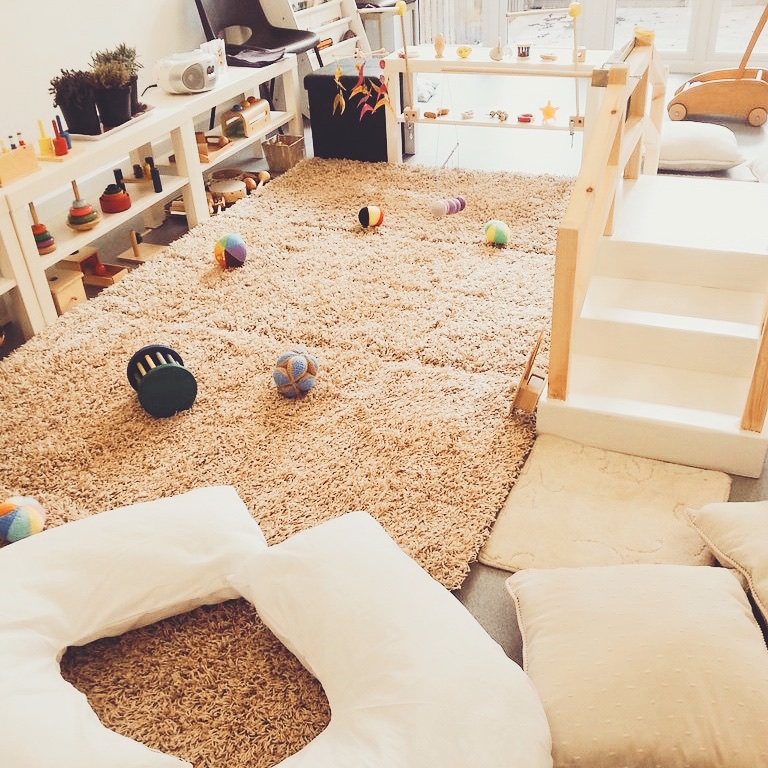
Q: Switching to Montessori, what advice do you have for people experiencing Montessori for the first time?
A: To keep an open mind. Sit back and observe the children. I’ve been to many so-called Montessori environments that have lots of equipment but forget the important principles of independence and respect for the child’s self-construction. I always remember one of our 3-6 trainers telling us to “Sit on your hands when you think you need to help a child.”
It’s so important for us adults to sit back and really watch to see what’s happening before stepping in. Mostly, the child can solve a problem by themselves and their joy is wonderful to see. If we help too often, we don’t allow children to think or act independently. Life is about trial and error, learning from our mistakes. If we’re not allowed to make our own mistakes then how can we grow and reach our potential?
Q: Could you tell us a bit about your path to Montessori?
A: I was going to become a traditional primary school teacher but then my wonderful Nana died and I realised that wasn’t what I wanted. So I went to a couple of open evenings at two Montessori training organisations in London to find out more about this alternative method of education.
The second place I visited was the most beautiful, inspiring place I’d ever been. It was the Maria Montessori Institute in Hampstead, with Lynne Lawrence, Cheryl Ferreira and Elina Rautasalo as teacher-trainers. These amazing women inspired me more than they will ever know. Their immense knowledge, kindness, respect and love for all children showed me that there was a wonderful alternative to traditional education. My 3-6 training gave me a brand new perspective on life and humanity – it even helped me understand my husband better!
I started I Can Do It Montessori in 2010 because I wanted to share all my experience and focus on something really positive. I love what I do because I’m able to help parents understand their children more clearly and support their development through positive communication and purposeful activities.
Q: How do you balance your Montessori training, the workshops you hold for parents, and your in-home services?
A: Last year I undertook my second Montessori diploma – the Assistants to Infancy training (0-3 years). It was really challenging because of all the coursework and observations, and I was still working part-time. I graduated in November and since then I’ve been able to re-focus on the business.
I now have a permanent premises for all my groups, adjacent to our local AMI preschool, Montessori on the Green. It has been lovely to work alongside the fantastic staff there and all the groups have filled up really quickly! I now run parent and toddler sessions every morning and two afternoons a week, plus two parent and baby sessions each week. Plus, our next set of Aid to Life parenting classes start later this month. I love seeing parents suddenly realise how much their child is capable of – it’s very rewarding.
The home support services fit in between all of this – mostly on weekends or in the evenings if I’m helping resolve sleep challenges. I travel all around London and Hertfordshire to help families with common issues such as tantrums, fussy eaters, toileting, sleep, sibling rivalry, homework stress, or simply helping to create a positive and productive home environment so children can reach their potential.
Q: You seem to be really active on social media. Can you describe how effective this has been for you in reaching families?
A: Social media has been invaluable. I would say about half my new bookings are from personal recommendations from families who have attended my toddler groups or used my home support services. The other half are from Facebook, Twitter or Instagram posts. We’re lucky because we have lots of brilliant local Facebook groups in North London, especially in Enfield where I live. Families are very active on these and people love sharing their experiences and recommending quality providers.
Social media is a fantastic way to share my pictures and events with a wider audience to help more people understand what authentic Montessori actually is. I also love meeting other Montessorians online and creating new partnerships and collaborations (like with you guys at Baan Dek!). It’s amazing that we can all be part of a real-time, worldwide community.
Social media has opened so many doors and brought loads of influential people into my life. I can find support, ideas and encouragement from all over the world, from all kinds of people. And I can share solutions, tips and techniques easily so that families can discover simple ways to avoid common struggles with their children.
Q: How important is parent education?
A: I think it’s the most important part of education because parents are their child’s first role models. Children absorb everything their parents do, say, feel and think. These experiences create a child’s fundamental understanding of our world – their reality. And this foundation becomes that child’s default setting for life. The child will seek to recreate this fundamental family set-up in all their future relationships. If life at home is calm, positive and loving, the child will see this as normality. But if life is harsh, unpredictable and erratic then this becomes their understanding of normality.
Most parents try to do the best they can for their children and generally things go fairly well. But sometimes people lack the skills needed to resolve simple developmental challenges and this can often lead to a negative life path. When parents take time to deepen their understanding and learn techniques to avoid prolonged arguments, it makes a massive difference in everyone’s lives. I love helping parents discover easy ways to make their lives easier, for example using positive phrases such as “You can…” or “Let’s…” that give children the impression their parents have faith in them and believe in them.
Q: Did you have a “Montessori Moment”?
A: I have these moments every time I hold myself back from interrupting a child. I’m often amazed at what children are capable of once we adults stop getting in their way. Whether it’s pulling up to stand from their own efforts, putting on a coat, carrying a fragile plate, offering a snack to a friend, learning how to write and read, or finally understanding why 12 is so different from 21. All these small but special moments come from applying the basic principles and having faith that the child will create himself through opportunities for focused work.
Q: What’s your favorite Montessori quote?
A: My all-time favourite quote lives on my fridge to remind me of the importance of my words, thoughts and actions around every child:
“ The ‘absorbent mind’ [0-6 years] welcomes everything, puts its hope in everything, accepts poverty equally with wealth, adopts any religion and the prejudices and habits of its countrymen, incarnating all in itself. This is the child! ”
Q: What do you think is the best introduction to Montessori?
A: I think reading is the best introduction because it gives parents a basic understanding of the principles and allows Dr Montessori to share her observations and ideas, even though sadly she’s no longer with us. My favourite books are “The Child in the Family” and “The Absorbent Mind”. I also love “Montessori from the Start”, by Paula Polk Lillard & Lynn Lillard Jessen, and “Understanding the Human Being”, by the wonderful Dr Silvana Quattrocchi Montanaro.
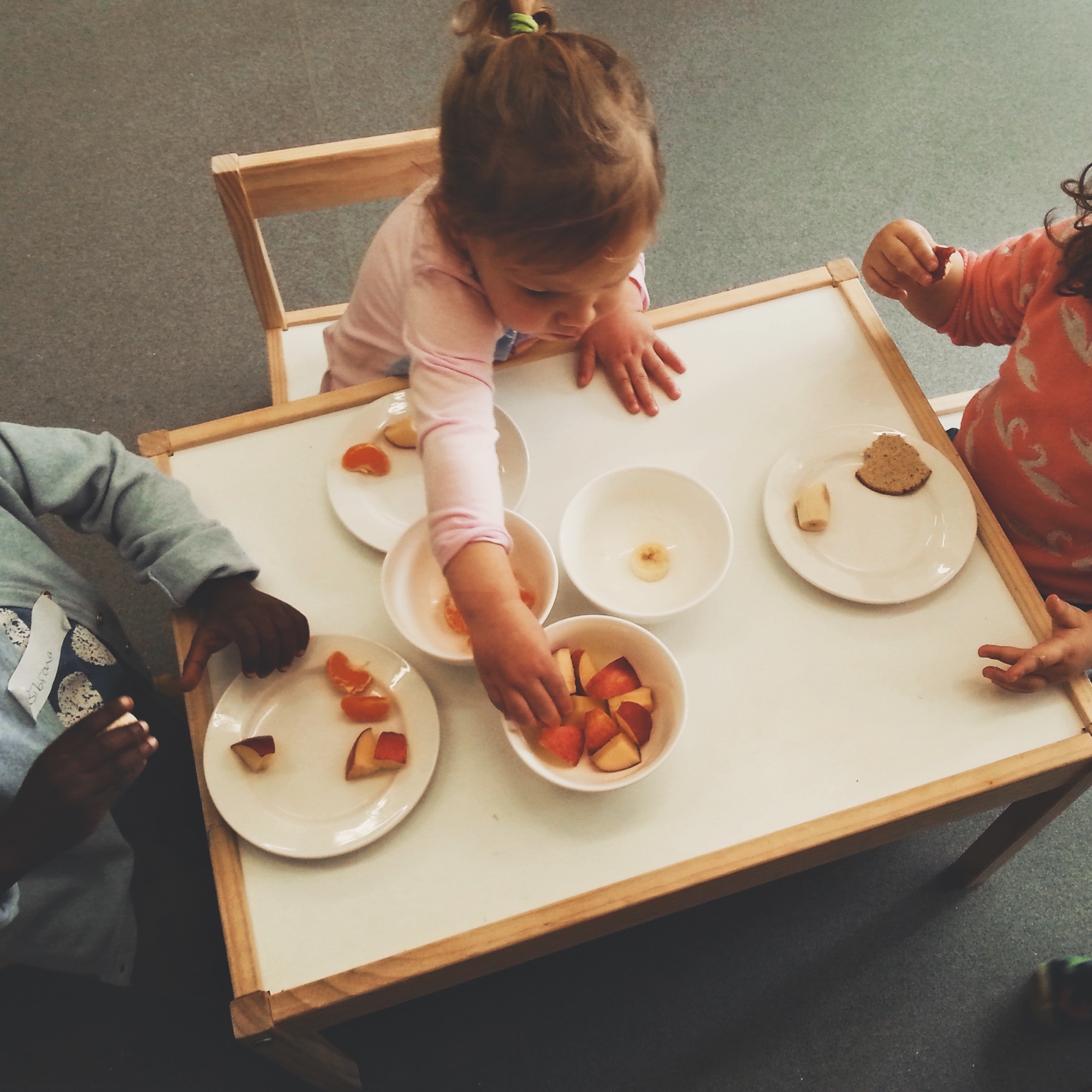
Q: What continues to inspire you about Montessori?
A: I’m inspired every time I see a child’s confidence, independence and understanding grow. I feel honoured to have been a part of their development. I love that we’re always working towards a peaceful, loving, respectful world. We guide children through their lives instead of trying to force them to conform and pass external exams as a measure of worth. I love listening to other experienced Montessorians share their knowledge in annual seminars and refresher courses and I feel so grateful to have found this way of life.
Q: What are the next steps for Rochelle?
A: To continue building the business and helping more families. I’d like to take on an apprentice and dedicate some time to reach out to families from poorer backgrounds. There’s a local residents fund that supports this kind of work – I need to start filling in the very long form to apply for funding! One day I would love to be part of a larger Montessori centre, with classes for children from birth right up to adulthood. I feel like my life mission is to bring simple, effective, gentle parenting techniques to as many families as possible. To help parents understand their children’s needs and work together towards fulfilling their infinite potential.
Written by:
Baan Dek
